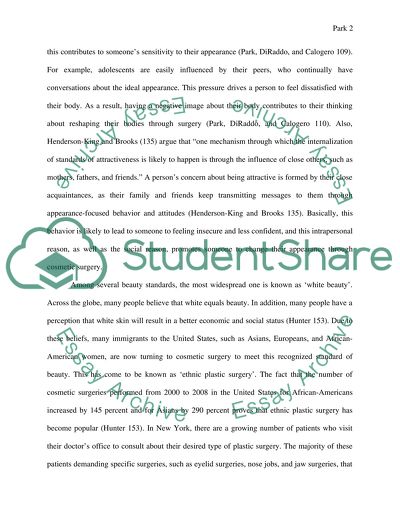Cite this document
(“The increasing relevance of appearance in society Essay”, n.d.)
Retrieved from https://studentshare.org/english/1403208-research-paper-appearance-based-society-and
Retrieved from https://studentshare.org/english/1403208-research-paper-appearance-based-society-and
(The Increasing Relevance of Appearance in Society Essay)
https://studentshare.org/english/1403208-research-paper-appearance-based-society-and.
https://studentshare.org/english/1403208-research-paper-appearance-based-society-and.
“The Increasing Relevance of Appearance in Society Essay”, n.d. https://studentshare.org/english/1403208-research-paper-appearance-based-society-and.


